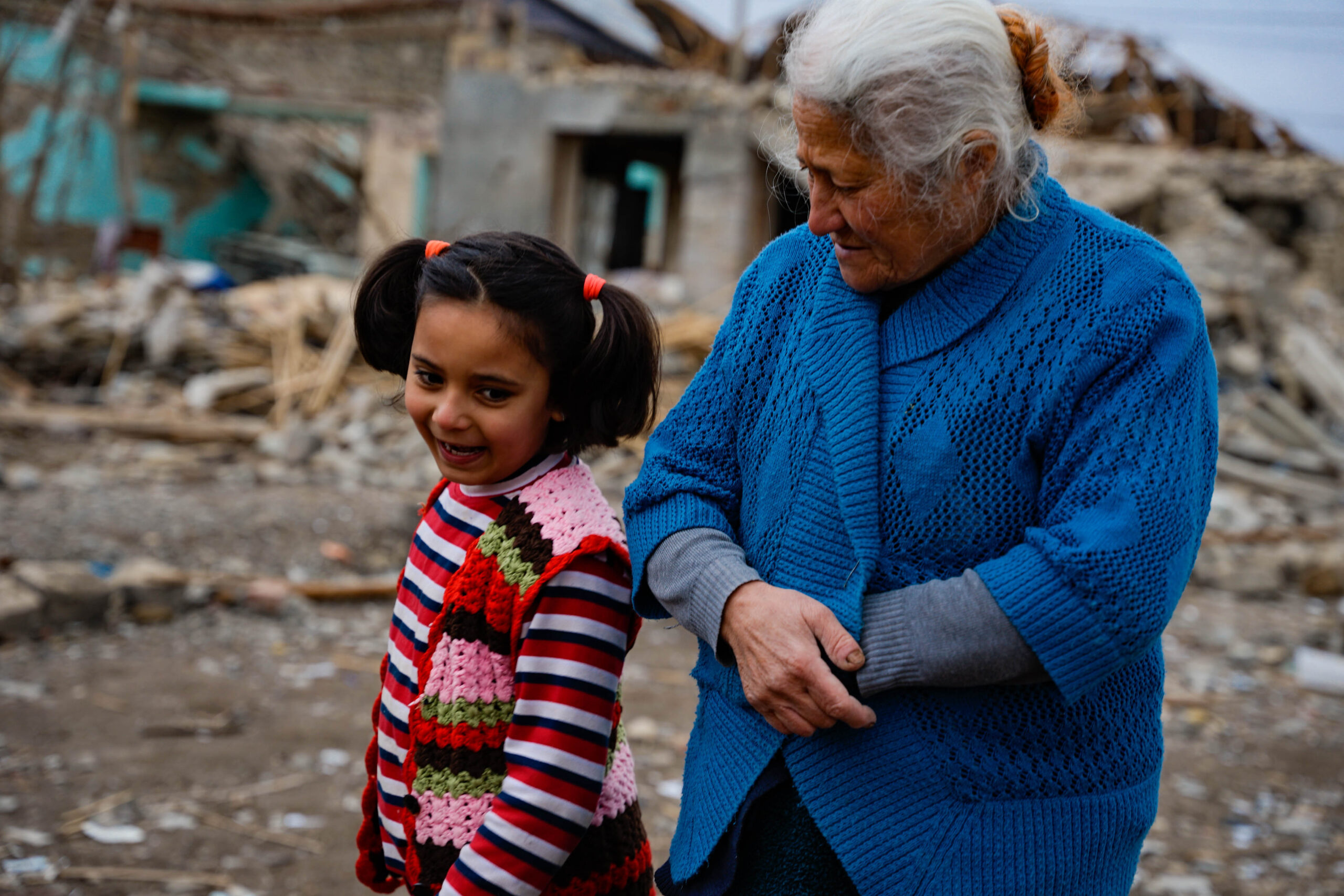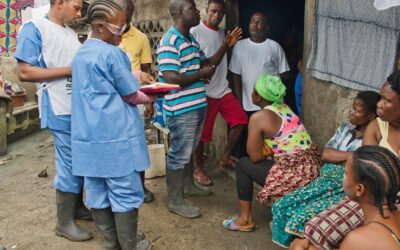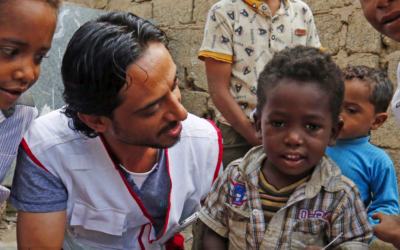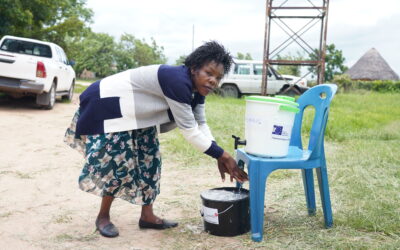The International Committee of the Red Cross (ICRC), in collaboration with the United Nations Office for the Coordination of Humanitarian Affairs (OCHA), hosted a public learning event aimed at challenging our thinking and approach to the concept of ‘Accountability to Affected People’ in conflict settings.
Organized over three days, from 12th to 14th September 2023, the event aspired to stimulate thought-provoking dialogue, innovation, and collaborative problem-solving within the sector, focusing on both significant paradigm shifts as well as tangible, actionable solutions.
ICRC has made available the recording of each conference on its website. Here is a reminder of the conference thematics and access the event replay here:
Day 1
- Opening session: people, principles and processes
- ‘Do no harm’ and other mantras: do they help or hinder humanitarian action?
- The measure of dignity
- Nothing about us without us: disability inclusion in conflict
- Images of crisis: Ethics and responsibility in humanitarian communication
Day 2
- Will the humanitarian sector survive climate change?
- Protection work with and for communities affected by conflict
- People in conflict as data subjects and the role of humanitarians
- Information as aid AND as a vector for harm
Day 3
- Well-being: towards a more meaningful response in conflict settings?
- Navigating the spirit and letter of people centric




